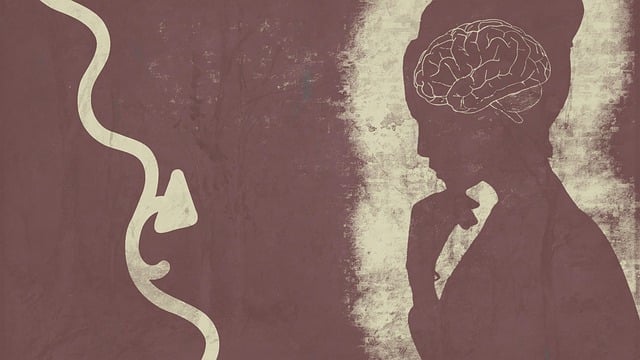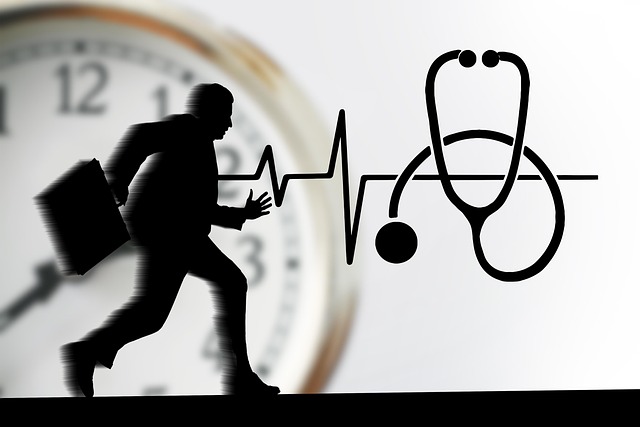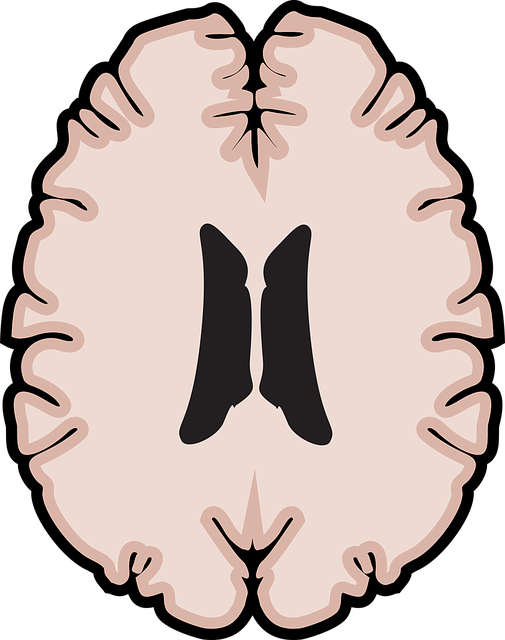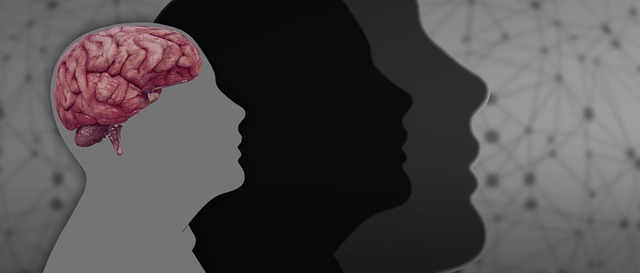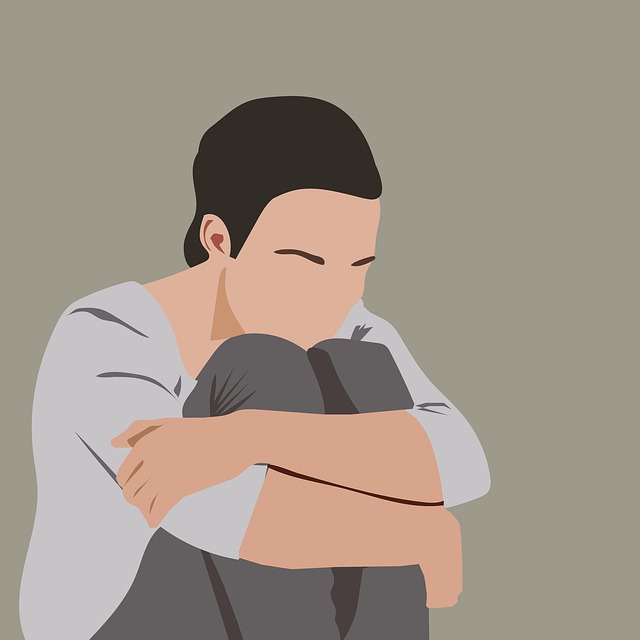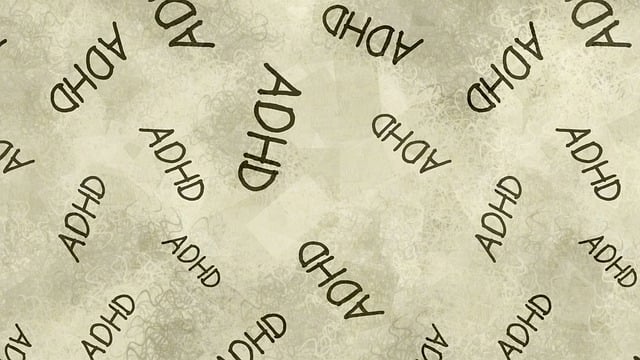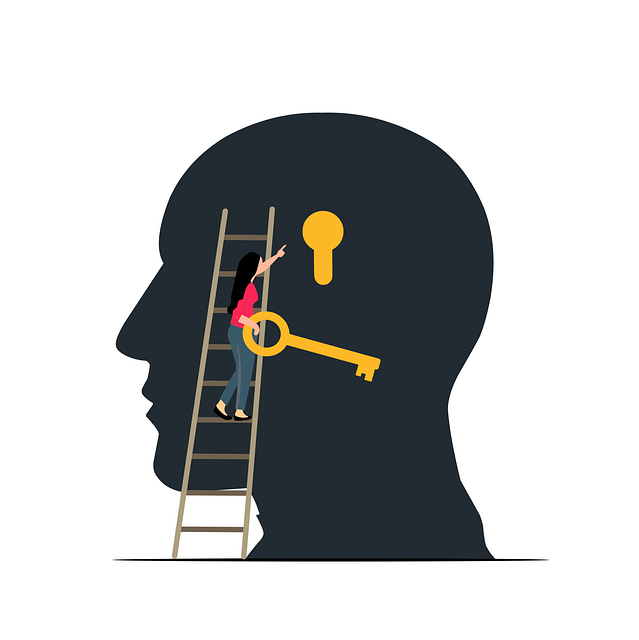Understanding the unique mental health challenges of elders with learning disabilities is crucial for their well-being. Podcasts offer accessible, tailored therapy and education for this demographic, covering topics like conflict resolution, stress management, and cognitive wellness. Creating inclusive recording environments, using simple language, and storytelling techniques are key to successful podcast production. Well-structured episodes, featuring engaging introductions, practical tips, and inspiring stories, foster connections and encourage support-seeking. Distributing on major platforms with SEO-friendly keywords and promoting through social media engagement expands reach, creating a community around mental health awareness for elders with learning disabilities.
“Unleashing the therapeutic potential of podcasts for seniors with learning disabilities is an innovative approach to mental wellness. This article explores how audio series can engage and educate an older audience, addressing unique mental health challenges they face. We delve into producing supportive podcast environments, crafting compelling content, and effective storytelling techniques.
Additionally, we guide you through distribution, promotion, and building a community around your podcast series, offering valuable insights for creating impactful therapy resources tailored to this demographic.”
- Understanding Mental Health Challenges in Elders with Learning Disabilities
- The Power of Podcasts: Engaging and Educating an Older Audience
- Creating a Supportive Environment for Podcast Recording and Editing
- Content Structure and Storytelling Techniques for Maximum Impact
- Distribution, Promotion, and Building a Community Around Your Podcast Series
Understanding Mental Health Challenges in Elders with Learning Disabilities

Understanding mental health challenges among elders with learning disabilities is a crucial aspect of ensuring their overall well-being. This demographic often faces unique barriers to accessing support and navigating therapy, which can significantly impact their emotional state. Many elderly individuals with learning disabilities may struggle with communicating their feelings and needs, leading to potential isolation and unaddressed psychological issues.
Effective therapy for elders with learning disabilities involves tailored communication strategies that bridge the gap between their experiences and verbal expression. Empathy building strategies play a vital role in fostering trust and encouraging open dialogue. Additionally, conflict resolution techniques can help manage interpersonal challenges, promoting healthy relationships and a supportive environment, which are essential elements for improving mental wellness.
The Power of Podcasts: Engaging and Educating an Older Audience

Podcasts have emerged as a powerful medium to engage and educate diverse audiences, particularly older demographics. For individuals aged 50 and above, who might face unique challenges related to mental health, memory, or learning disabilities, podcasts offer an accessible and engaging platform for therapy and knowledge acquisition. This format allows them to absorb valuable insights on their own terms, whether it’s during a quiet moment at home or while enjoying a walk in the park.
The benefits are clear: from providing conflict resolution techniques tailored to intergenerational issues to offering mental wellness coaching programs development specifically for seniors, podcasts can offer practical guidance and support. Moreover, featuring stories of resilience and empowerment can inspire older listeners. By addressing topics like managing stress, improving memory, and navigating age-related changes, these audio resources provide crisis intervention guidance in an engaging manner, fostering a sense of community and empowerment among this often-overlooked audience.
Creating a Supportive Environment for Podcast Recording and Editing

Creating a supportive environment is key to successful podcast production focused on mental wellness, especially when catering to diverse audiences like elders with learning disabilities. This involves setting up a quiet, comfortable space where individuals feel at ease sharing their experiences and insights. Ensure accessibility features are in place for all participants, accommodating any physical or cognitive needs. A warm and inclusive atmosphere encourages open dialogue about sensitive topics like therapy, stress management, emotional intelligence, and burnout prevention—all essential aspects of mental wellness.
During recording and editing, maintain a consistent routine to establish a sense of normalcy, reducing potential triggers for anxiety or discomfort. Use simple, clear language when discussing complex ideas to cater to diverse listeners, including those with learning disabilities. This approach not only enhances accessibility but also fosters a deeper connection between the podcast hosts and their audience, creating a supportive community around mental wellness discussions.
Content Structure and Storytelling Techniques for Maximum Impact

A well-structured podcast series on mental wellness can significantly enhance its impact and reach a broader audience, including those with specific needs like elders learning disabilities. Content structure should be intuitive and accessible, catering to various listening preferences. Start with an engaging introduction that sets the tone for each episode, briefly introducing the topic and its relevance to mental health awareness. Break down complex topics into manageable segments using storytelling techniques such as anecdotes or case studies to illustrate points and make abstract concepts more relatable. This approach not only captivates listeners but also aids in understanding and retention, especially when discussing challenging subjects like therapy for elders with learning disabilities.
Incorporate practical tips and strategies within the narrative to encourage self-esteem improvement and positive thinking. Balance informative content with inspiring stories or expert interviews that offer fresh perspectives on mental health. By combining these storytelling techniques with a thoughtful structure, your podcast series can deliver powerful messages effectively, fostering a deeper connection with listeners and potentially encouraging those facing similar challenges to seek support.
Distribution, Promotion, and Building a Community Around Your Podcast Series

After producing your podcast series on mental wellness, particularly focusing on therapy for elders with learning disabilities, distribution becomes the next crucial step. Platforms like Apple Podcasts, Spotify, and Google Podcasts are essential to reaching a broad audience. Utilizing relevant keywords such as “Therapy for Elders” and “Learning Disability” can improve search visibility, making it easier for those seeking mental health resources to discover your show.
Promotion is key in building both listeners and a community around your podcast. Social media platforms offer powerful tools for this purpose, allowing you to engage directly with your audience. Share insightful clips from episodes, encourage listener feedback, and host Q&A sessions to foster open dialogue about mental illness stigma reduction efforts and depression prevention. Engaging with communities that support mental health awareness can further expand your reach and create a dedicated space around your podcast series.
Mental wellness podcasts offer a unique opportunity to reach and support older individuals with learning disabilities by providing accessible therapy and education. By covering topics relevant to their challenges, such as understanding specific mental health issues and effective storytelling techniques, podcasters can create engaging content that fosters community and empowers listeners. With the right production environment and strategic distribution, this medium has the potential to significantly impact the lives of elders with learning disabilities, offering valuable insights and a sense of belonging.
